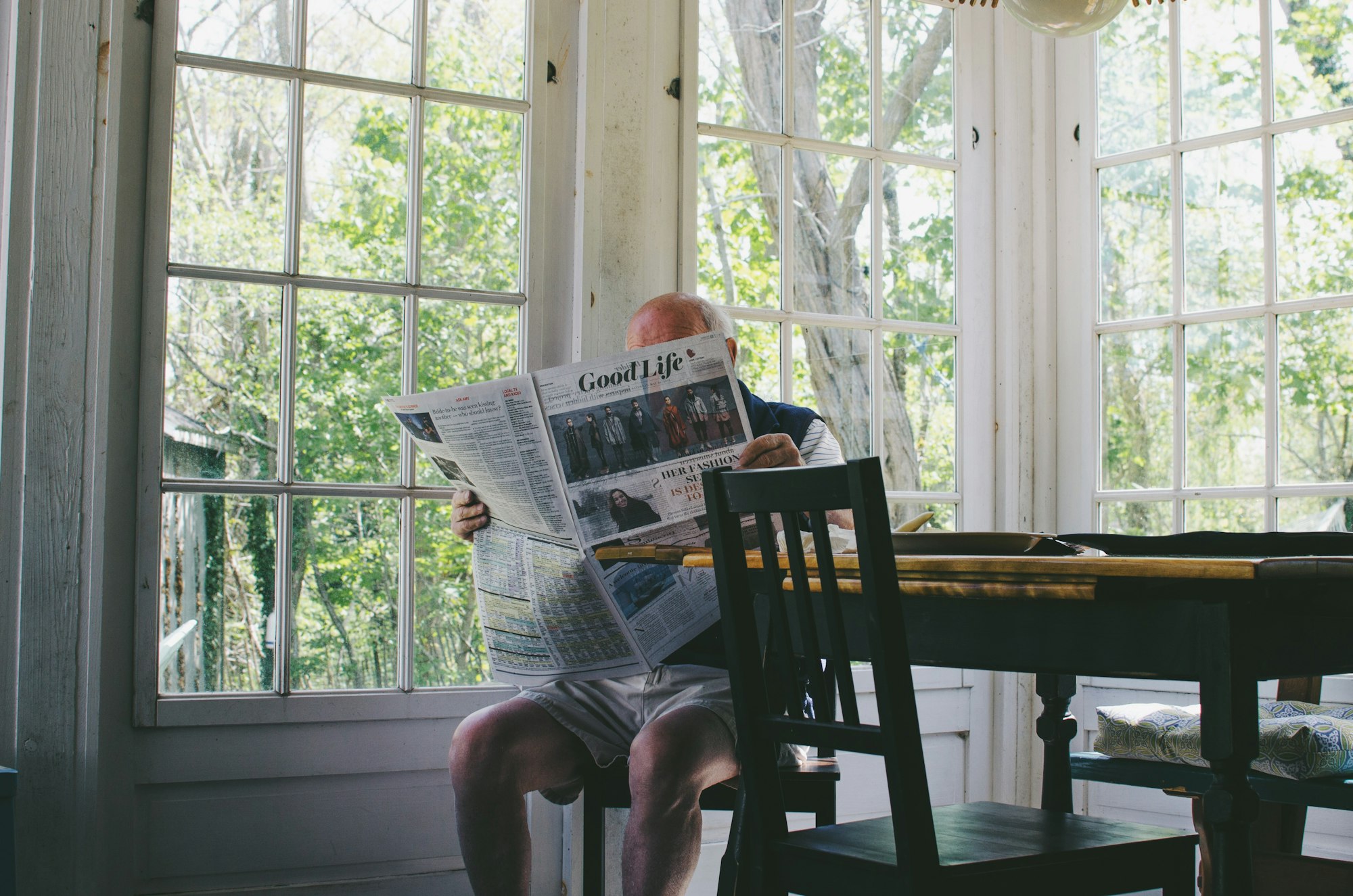You're sat in the office on a quiet winter afternoon, dreaming of the summer. Clicking through your holiday planner, you work out that if you take those three days around the Easter Bank Holiday as annual leave, and add it to a normal week off, you can wangle a grand total of 15 days in Cuba. Result!
That means plenty of opportunity to hang out in cosy rum bars, laze around on beaches, and try those famous cigars.
Trips like this are quite a big undertaking, though. There's the cost, the efforts of organising it all, the waking up at 4am to get to the airport... and a big chunk of your precious annual leave gets used up, too.
So should you really book that big adventure abroad? Is travelling really worth it? Or should you use your leave allowance for something closer to home?
The allure of travel
You can't deny that travel has a firm hold on our collective imagination. And you can understand why - it's the polar opposite of humdrum office life.
Nothing beats the feeling of closing down your computer on the last day before your holiday. You can practically feel the collective pangs of envy as you set your out-of-office, making sure your desk is neat and tidy as you count down the hours until your well-deserved break.
Taking time away from work by travelling can be one of the best things for your physical and mental wellbeing, if done with strict boundaries on your devices and distractions.
Travelling can help you to feel mentally lighter, free from the constraints of a never-ending to-do list.
When you're on the move, without the day-to-day monotony of working life, things can feel a lot more thrilling. There’s no cat to feed, no washing machine that needs a new filter, no hoovering or ironing to do. This can free up your energy immensely and leave you relaxed and happier.
Travel can certainly give you the feeling of headspace. But there’s something to be said about being in a new physical space, too.
By immersing yourself in a new country, full of fresh sensory data, your mind and body have something new to process. You’re literally creating new neural pathways in your brain and fostering opportunities for creativity.
“According to Adam Galinsky, a professor at Columbia Business School, visiting a foreign place and immersing yourself in their local environment (for instance, attending a 'snake boat' race in southern India or feasting on crispy tarantulas in Cambodia), increases your cognitive flexibility’”- Forbes
Work is often all-consuming, and travel helps to break the mental straitjacket that we so often live by - gym, work, supermarket, home, sleep.
When we travel, we gain perspective. Instead of being inside the goldfish bowl of modern existence, we suddenly find ourselves outside of it.
“The distance from your regular life can give you perspective. Using the terms of Galilean relativity, you get to be the fish instead of the scientist.” - Farnam Street
But do we have to venture so far away from our creature comforts to get the benefits travel can bring?

The beauty of 'home leave'
‘I’m not doing much, just probably pottering around at home’ may not feel as envy-inducing as a three week Cuban holiday, but there could be advantages to staying put during your annual leave.
Despite the temptations of palm-fringed beaches via your mate’s Instagram feed, sometimes it makes sense to stay on home soil.
After all, maybe you don’t need to spend the last six months cash on a holiday to a far-flung destination that might not fulfil your expectations.
You can always try something different.
Taking ‘home leave’ may be as simple as going to a new city, booking into a hotel for the weekend and not taking your phone.
It may still give you all the refreshing benefits of a sun-soaked getaway, but without the physical stressors that travel can bring.
And of course, there's always the joy of staying home and doing nothing.
After all, the reality of travel isn’t always what we picture in our heads:
“The lovely mental pictures that get us to travel are – in essence – hugely edited versions of what we actually encounter in any destination. We will, eventually, certainly see these pictures, but we will also see so much else, so much that is painful or boring, dispiriting or mundane: hours of footage of the stained airline seat ahead of us, the back of the taxi driver’s head, the wall of the cheap hotel” - The School Of Life
It’s not where we are, but how we’re experiencing it that matters.
It's all about perspective
Above all, travel is like putting a new lens in our camera. It allows us to see things from a different perspective, and witness and feel things we don’t ordinarily have access to.
When we’re chained to our digital devices and a 9-5 work schedule, travel can offer us a liberating escape from the pressures of modern life. Of course, it's not a panacea to all of life’s woes, but it can be a way to re-imagine and re-invigorate the self.
It’s not always another country we find this perspective in. Sometimes we can recharge by just unplugging from the distractions of daily life.
Travel offers us a mental reset button, but perhaps can find that in ourselves through fresh experiences. Using annual leave could mean you attend a photography course, or meet a new person. Even reading in a hotel looking out onto a serene river could fuel the feeling of being a traveller, even if it is closer to home.
Perhaps it’s not where you go, but how you look at your environment that makes all the difference.
Thanks to writer and travel expert Kerry Needs for lending her expertise to this article.